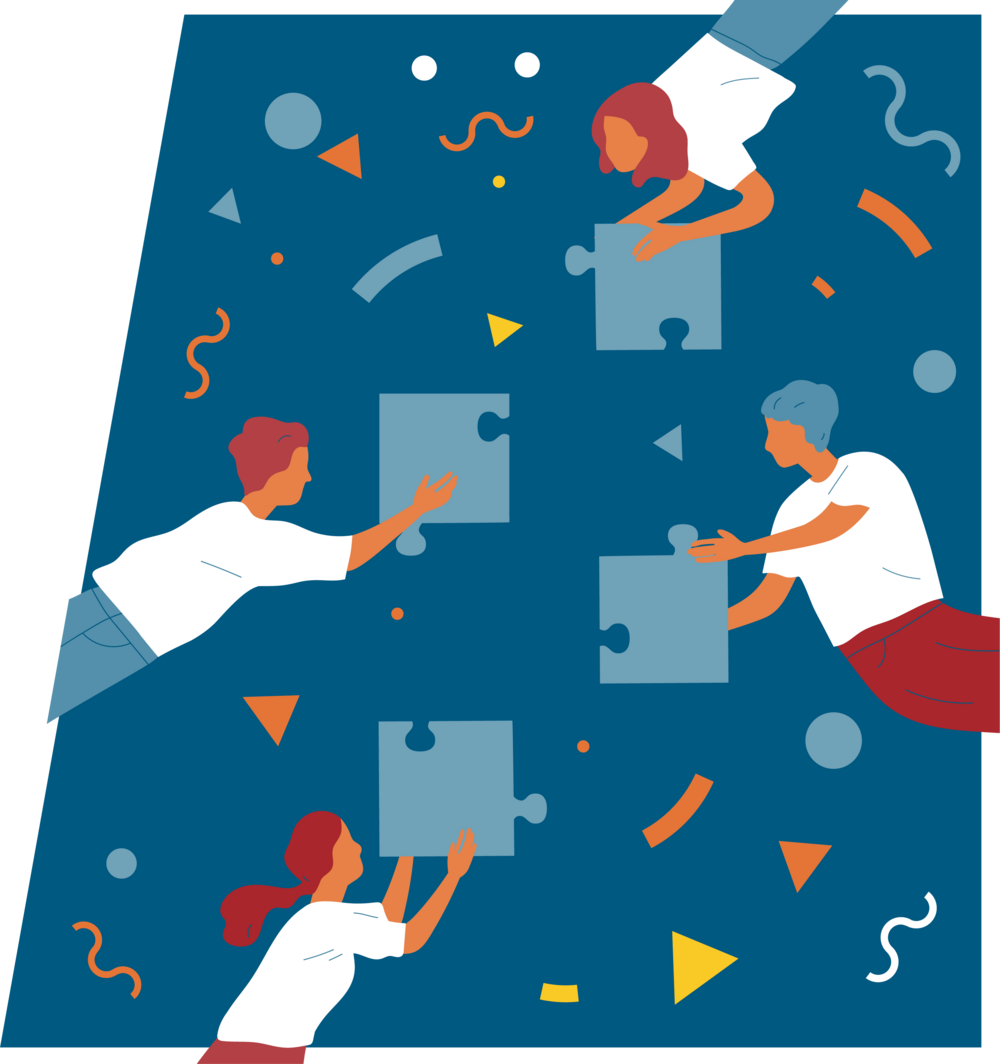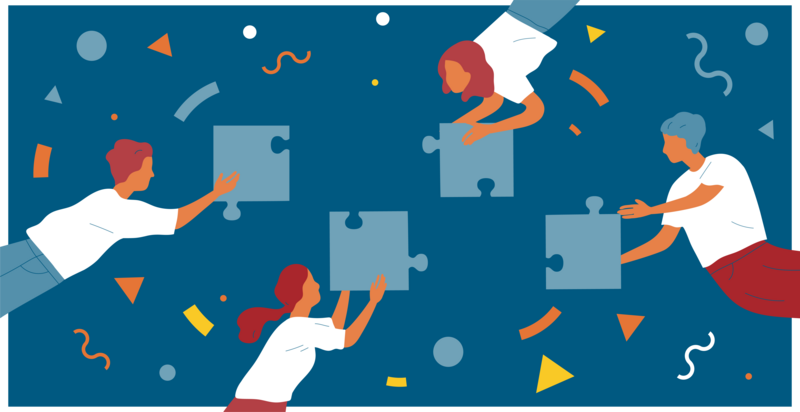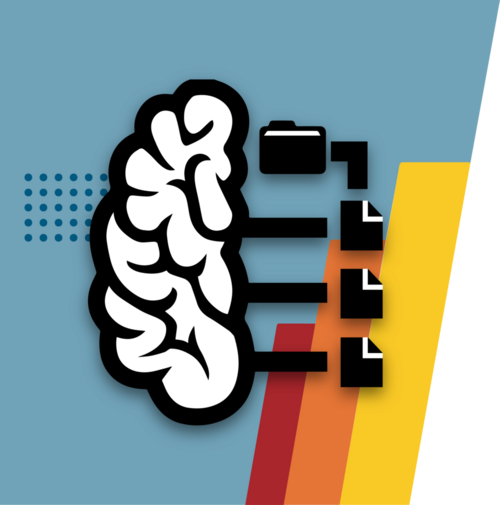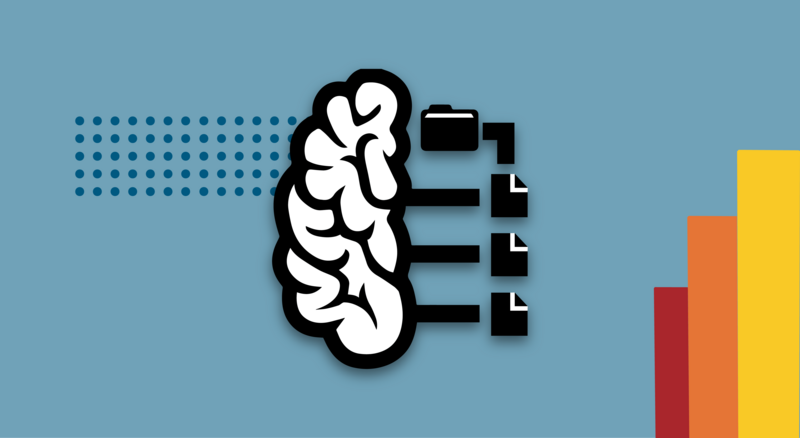BIDS Connectivity Workshop Developing a practical standard to report brain connectivity experiments.
September 12th - 14th 2022, at the University of Texas at Austin
Contact

September 12th - 14th 2022, at the University of Texas at Austin
Contact


The Brain Imaging Data Structure (BIDS) is community-driven standard meant to maximize neuroimaging data sharing, and facilitate analysis tool development. Over the past year the standard grew tremendously. BIDS was initially scoped to MRI data of the brain, but the standard has set up a solid infrastructure to steer the community and has been extended to cover a range of other modalities (PET, EEG, MEG, ECoG). Since its first announcement, BIDS has evolved to become an organized community with shared governance and a strong impact well beyond the U.S. BRAIN initiative. To date, 131 individuals among faculty, students, and postdocs contributed to the development of the standard and the article describing BIDS has been cited 277 times.
Besides the success, expansion, and description of multiple data modalities, gaps still exist in developing the standard to effectively support the process of scientific results reporting. This is because the standard does not yet describe advanced brain features that can be derived from all these data and that are routinely used to perform statistical analysis and complete scientific studies. These brain features comprise connectivity maps, structural and functional connections, major white matter tracts, diffusion signal models as well as white matter tractograms and tractometry. Sharing processed data and features in addition to raw and minimally-processed data is critical to accelerating scientific discovery. This is because substantial effort, software, and hardware instrumentation, and know-how are required to bring raw data to a usable state.
The aim of the present project is to extend the BIDS standard to encompass derivatives resulting from experiments related to macroscopic brain connectivity. The project is supported by the U.S. National Institutes of Health NIMH R01-MH126699.
This 3-days workshop will bring together experts in various data modalities (MEG, EEG, PET, MRI, ECoG) and data-processing methods. The experts will lay the foundations for prototypes of BEPs and make proposals that will then be open for feedback to the wider community of neuroscientists after the workshop. Specifically, the project and thus workshop will focus on 5 BEPs:
In order to allow both workshop attendees as well as the wider community to follow the workshop and provide feedback during and after, this document was created. It provides a comprehensive resource for all project and workshop related activities, links to further documents and additional information.
Read more
| Sep 12 | Day 1 | |
|---|---|---|
| 8:00 - 8:30 | Breakfast | |
| 8:30 - 9:15 | Welcome to UT Austin & meeting structure Workshop introduction & overview, approach | Franco Pestilli Russ Poldrack Peer Herholz |
| 09:15 - 10:35 | Breakout session I - working groups Working groups will work on their respective BEPs & tasks. | |
| 10:35 - 10:45 | Coffee break Short break to get some coffee & refreshments (provided). | |
| 10:45 - 12 | Breakout session II - working groups Working groups will work on their respective BEPs & tasks. | |
| 12 - 12:30 | Progress report I - everyone Working groups will update everyone on their respective progress, questions and issues. | |
| 12:30 - 1:45 | Lunch Lunch break (provided). | |
| 1:45 - 3 | Breakout session III - working groups Working groups will work on their respective BEPs & tasks. | |
| 3 - 3:10 | Coffee break Short break to get some coffee & refreshments (provided). | |
| 3:10 - 4:30 | Breakout session IV - working groups Working groups will work on their respective BEPs & tasks. | |
| 4:30 - 5 | Progress report II - everyone Working groups will update everyone on their respective progress, questions and issues. | |
| 6 - 8 | Social hour Social get together at (at own expense). | |
| Sep 13 | Day 2 | |
| 8:00 - 9:00 | Breakfast | |
| 9:00 - 9:15 | Day 2 welcome & Day 1 summary/recap Overview of workshop day 2 & summary/recap of day 1. | Franco Pestilli Peer Herholz |
| 09:15 - 10:35 | Breakout session V - working groups Working groups will work on their respective BEPs & tasks. | |
| 10:35 - 10:45 | Coffee break Short break to get some coffee & refreshments (provided). | |
| 10:45 - 12 | Breakout session VI - working groups Working groups will work on their respective BEPs & tasks. | |
| 12 - 12:30 | Progress report III - everyone Working groups will update everyone on their respective progress, questions and issues. | |
| 12:30 - 1:45 | Lunch Lunch break (provided). | |
| 1:45 - 3 | Breakout session VII - working groups Working groups will work on their respective BEPs & tasks. | |
| 3 - 3:10 | Coffee break Short break to get some coffee & refreshments (provided). | |
| 3:10 - 4:30 | Breakout session VIII - working groups Working groups will work on their respective BEPs & tasks. | |
| 4:30 - 5 | Progress report III - everyone Working groups will update everyone on their respective progress, questions and issues. | |
| 6 - 8 | Group dinner Social get together at (sponsored). | |
| Sep 14 | Day 3 | |
| 8:00 - 9:00 | Breakfast | |
| 9:00 - 9:15 | Day 2 welcome & Day 1 summary/recap Overview of workshop day 2 & summary/recap of day 1. | Franco Pestilli Peer Herholz |
| 09:15 - 10:35 | Breakout session V - working groups Working groups will work on their respective BEPs & tasks. | |
| 10:35 - 10:45 | Coffee break Short break to get some coffee & refreshments (provided). | |
| 10:45 - 12 | Breakout session VI - working groups Working groups will work on their respective BEPs & tasks. | |
| 12 - 12:30 | Progress report III - everyone Working groups will update everyone on their respective progress, questions and issues. | |
| 12:30 - 1:45 | Lunch Lunch break (provided). | |
| 1:45 - 3 | Breakout session VII - working groups Working groups will work on their respective BEPs & tasks. | |
| 3 - 3:10 | Coffee break Short break to get some coffee & refreshments (provided). | |
| 3:10 - 4:30 | Breakout session VIII - working groups Working groups will work on their respective BEPs & tasks. | |
| 4:30 - 5 | Progress report III - everyone Working groups will update everyone on their respective progress, questions and issues. | |
| 6 - 8 | Social hour Social get together at (at own expense). | |
This workshop is sponsored by Award R01 MH126699 from the NIH which requires to develop prototypes of the BIDS connectivity standards during the workshop. Workshop participants are asked to commit their time to develop a BIDS connectivity standard during the workshop and to continue developing the standard in the 2 years after the workshop by integrating a wider community feedback and developing an complete standard specification with example software for testing. If you are an expert in Connectivity data and interested in participating in the workshop please email Franco Pestilli.
Registration